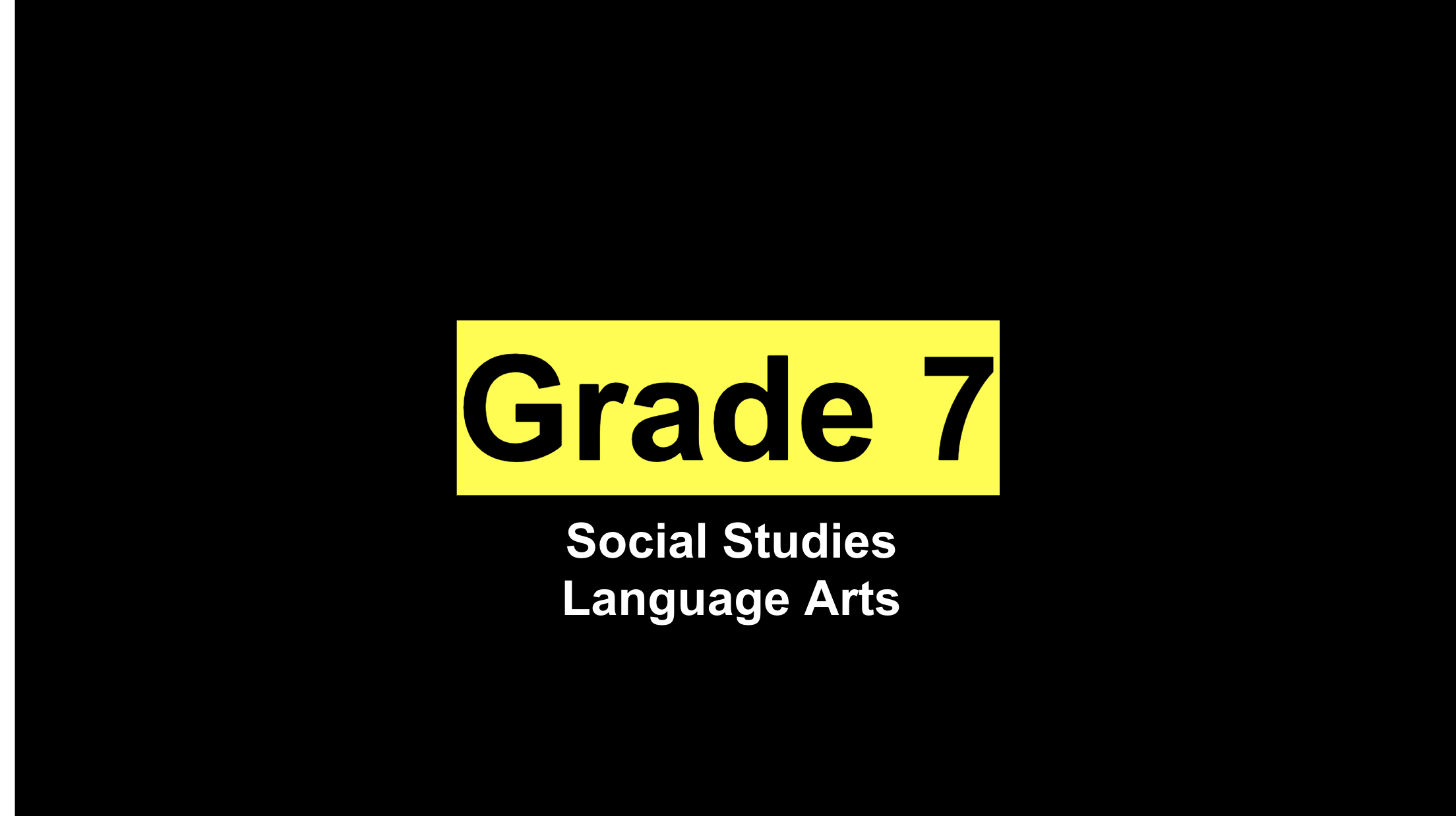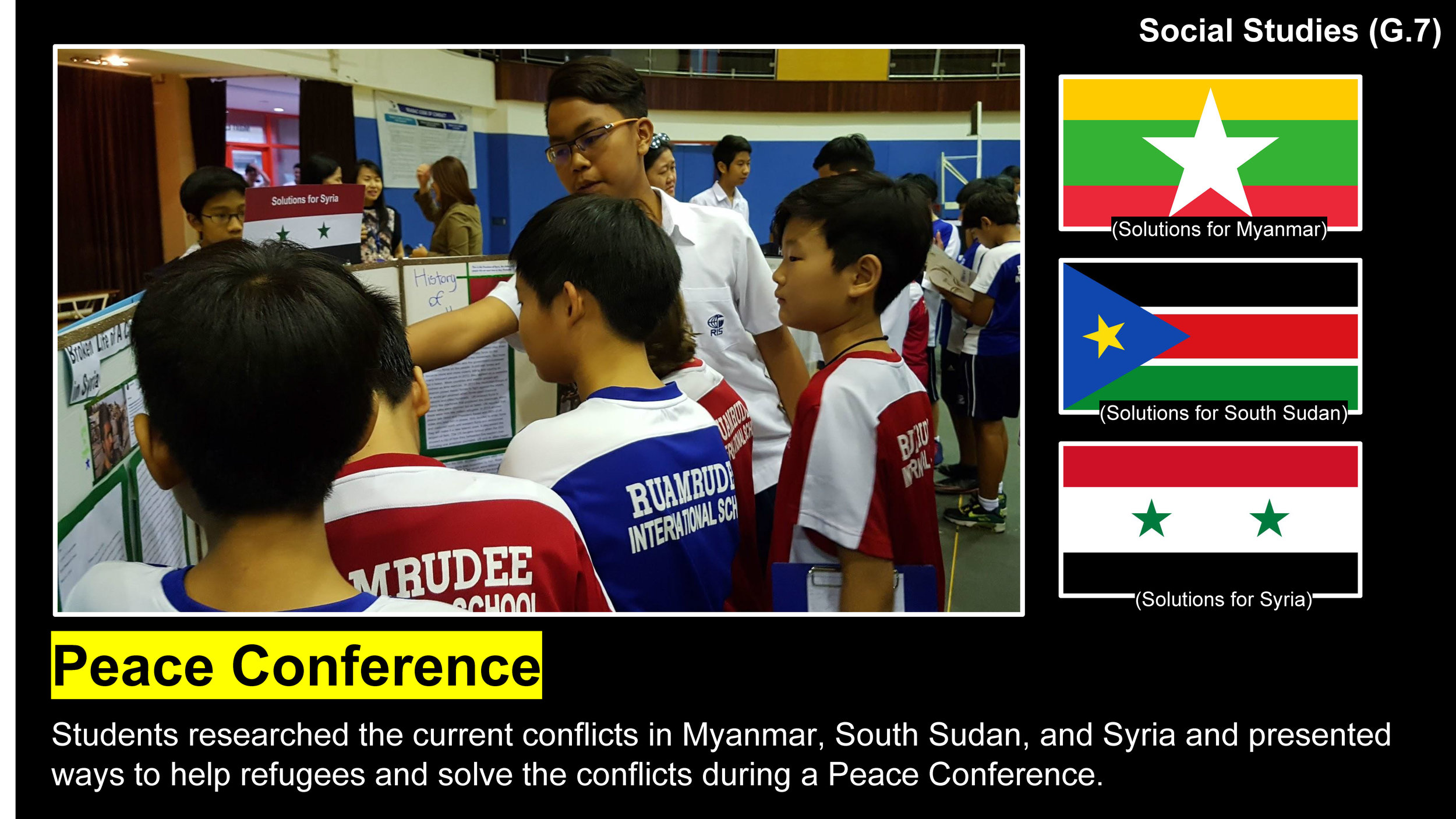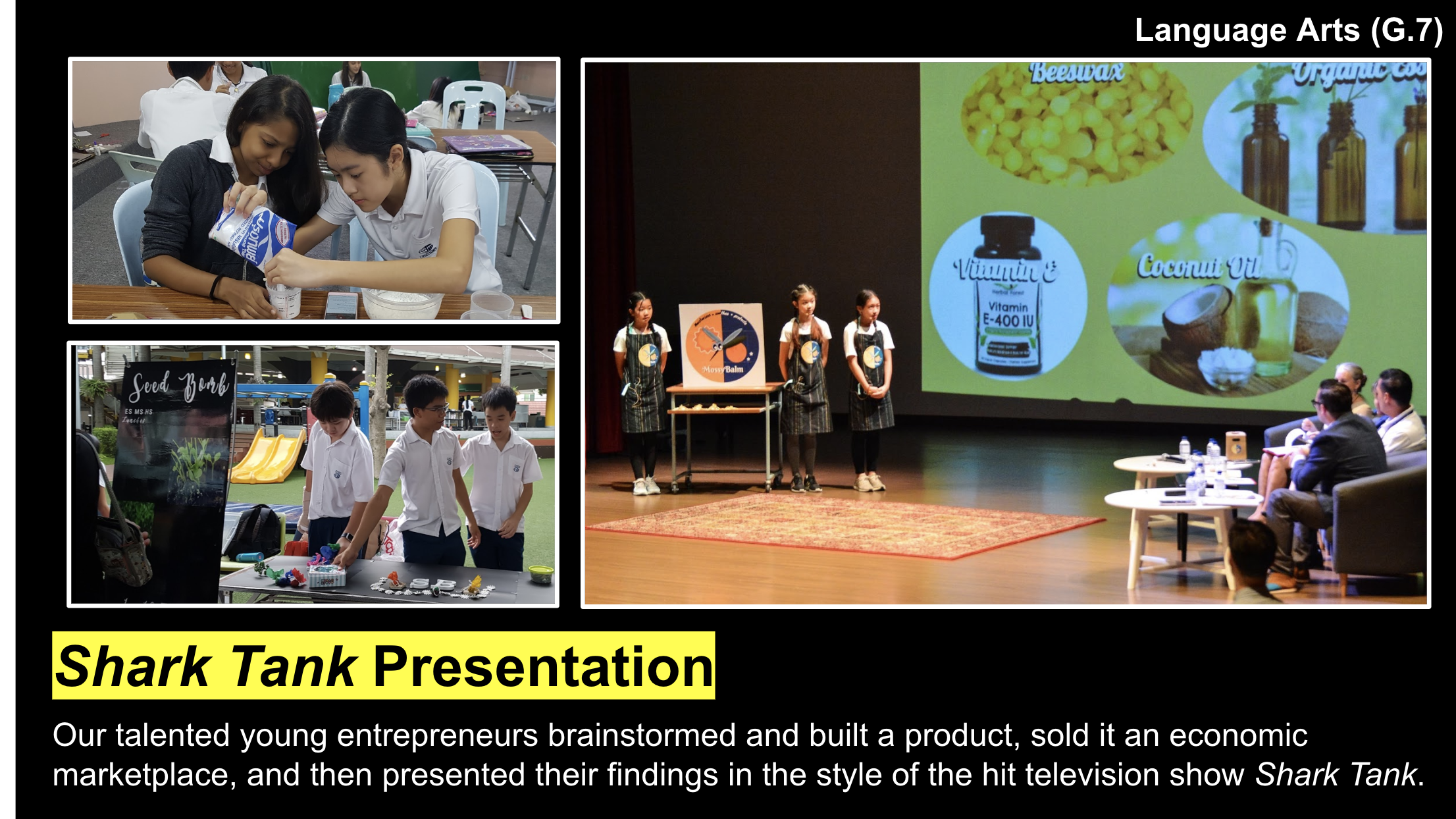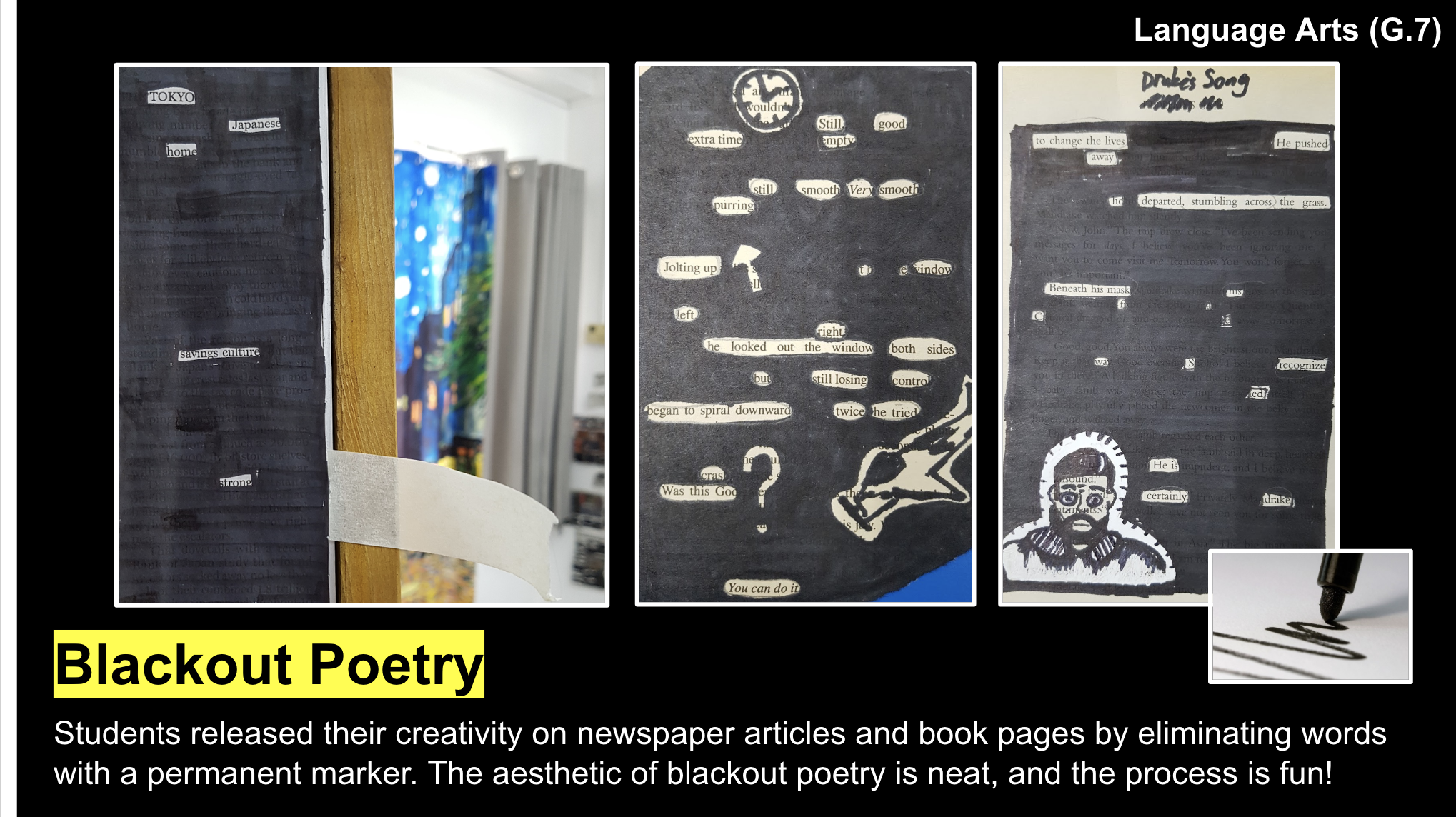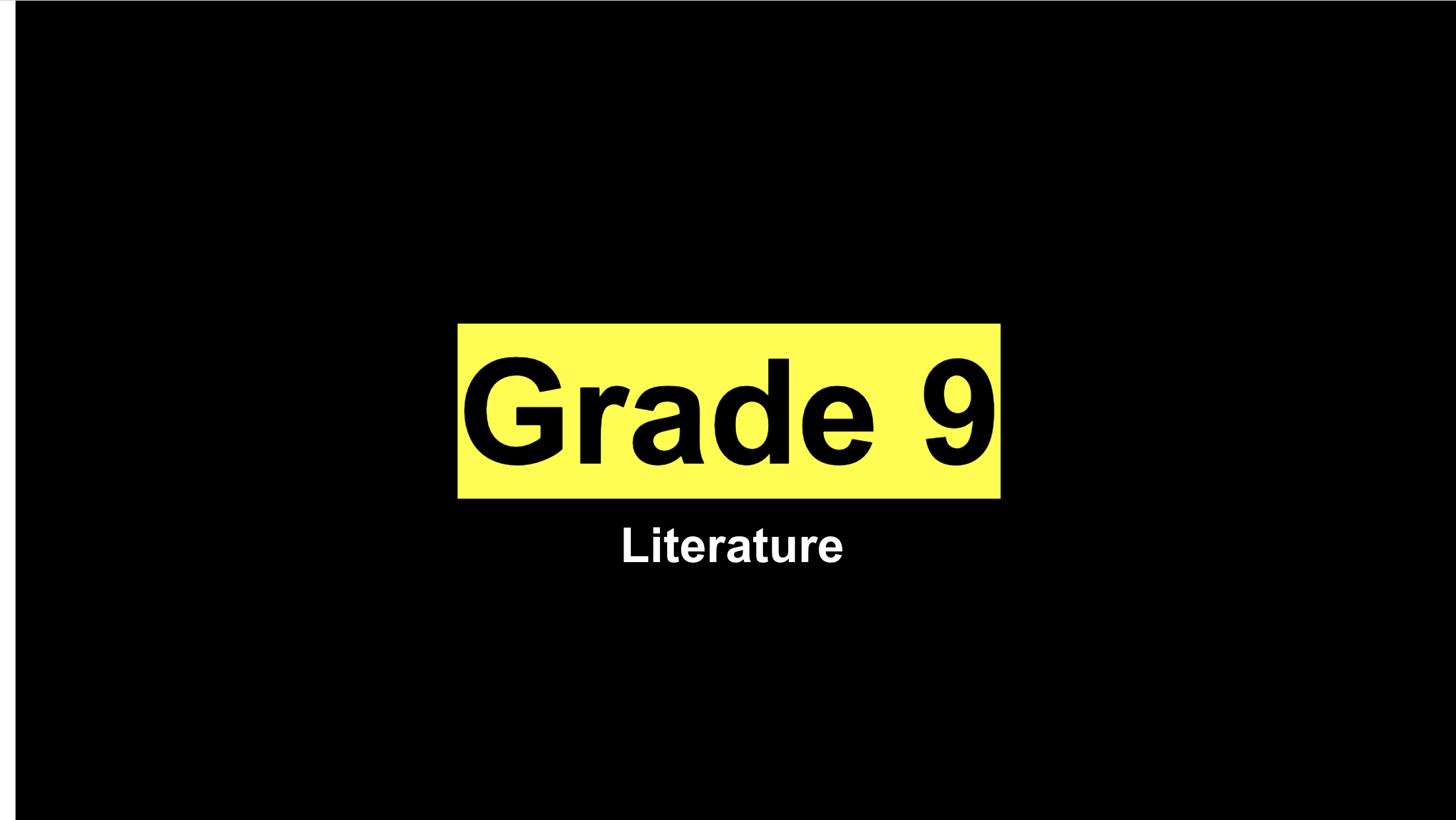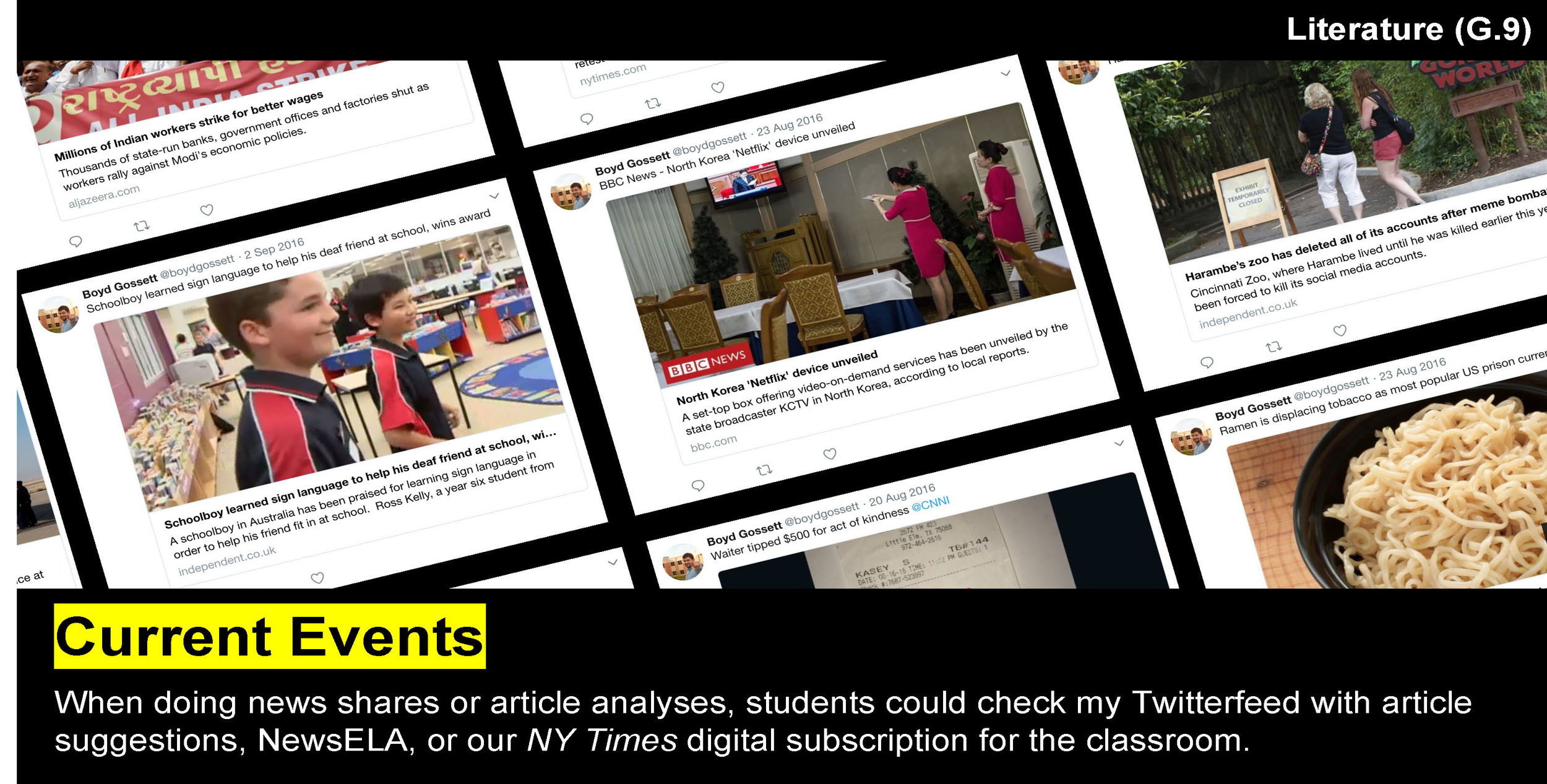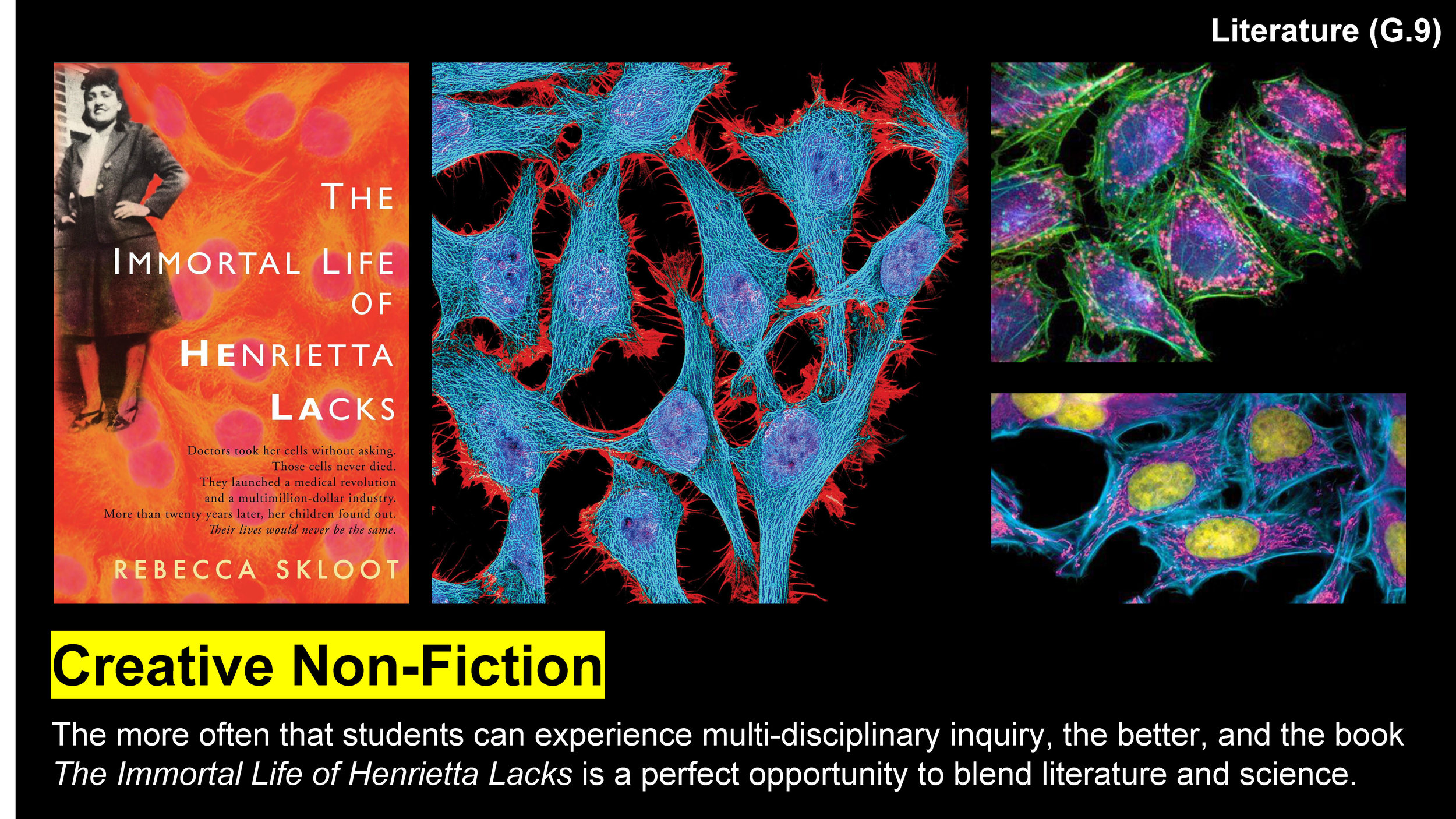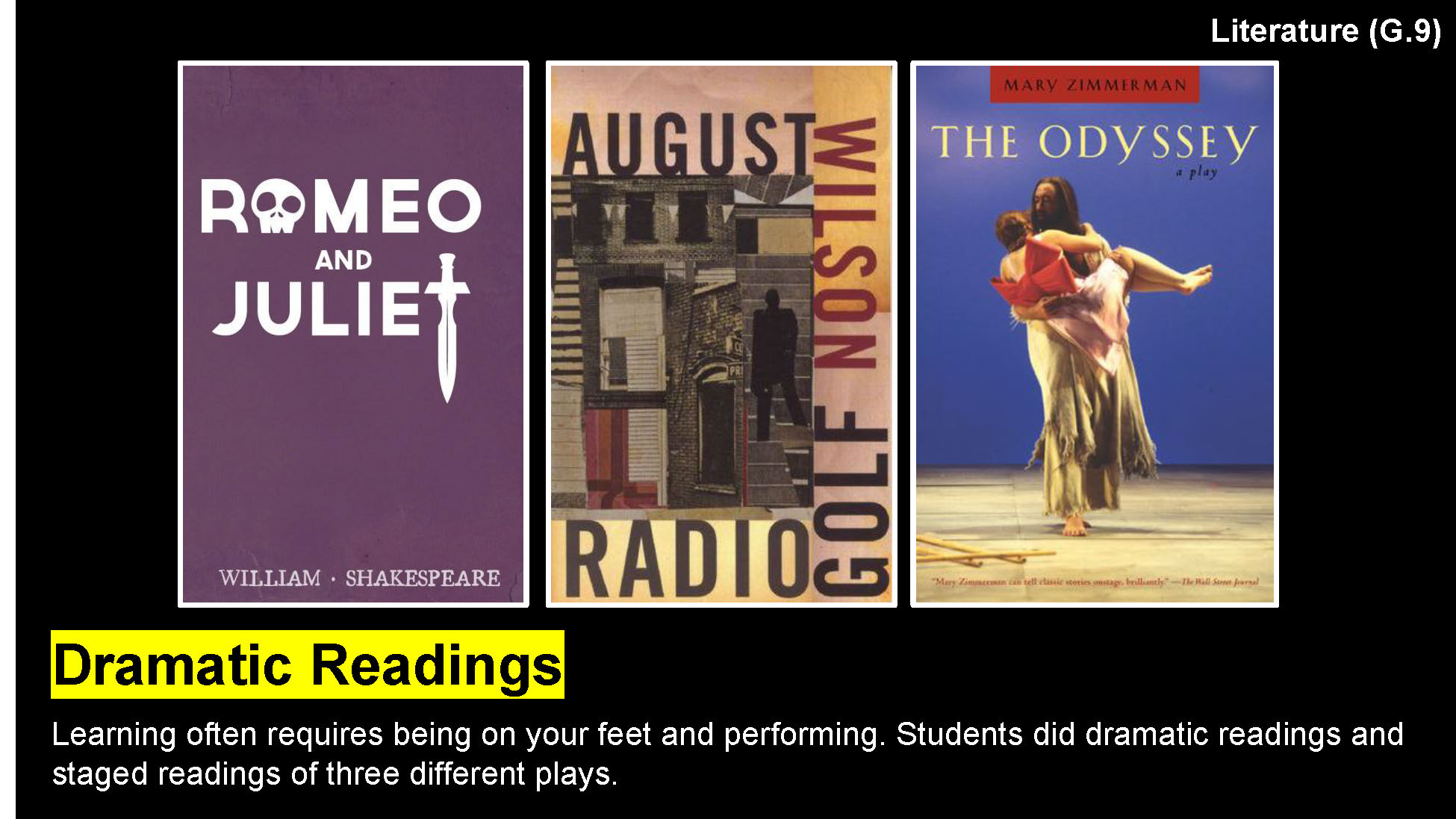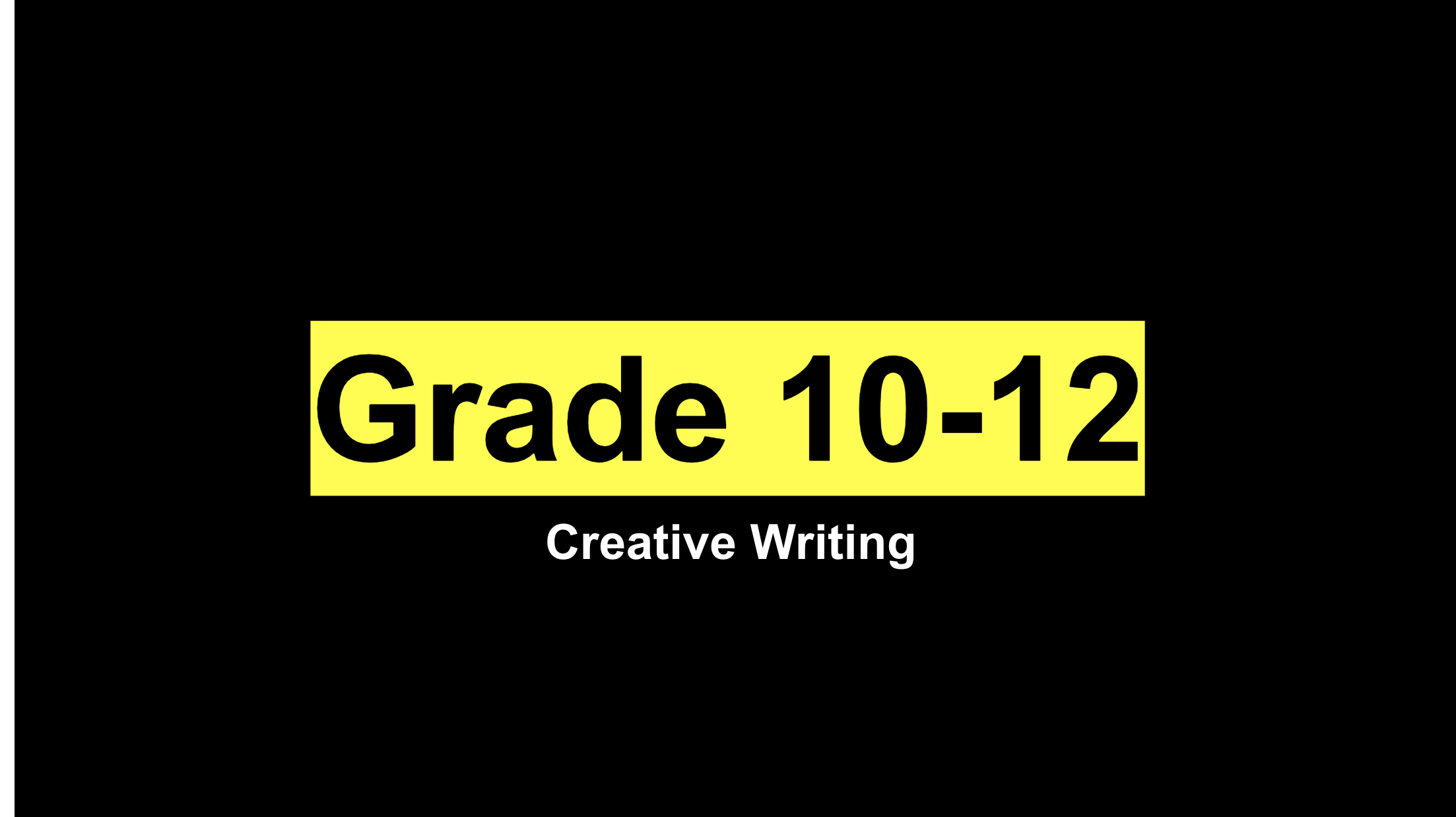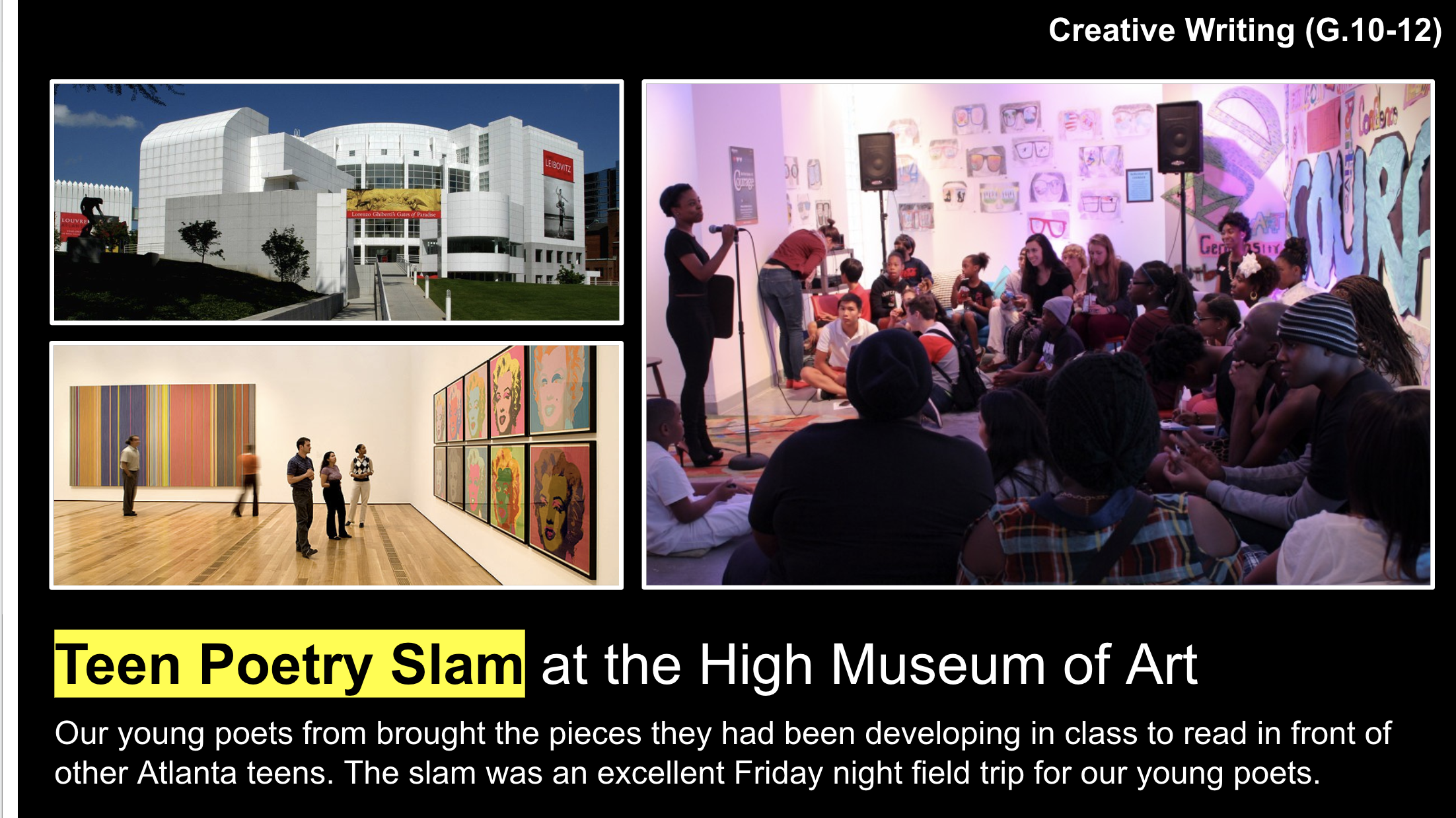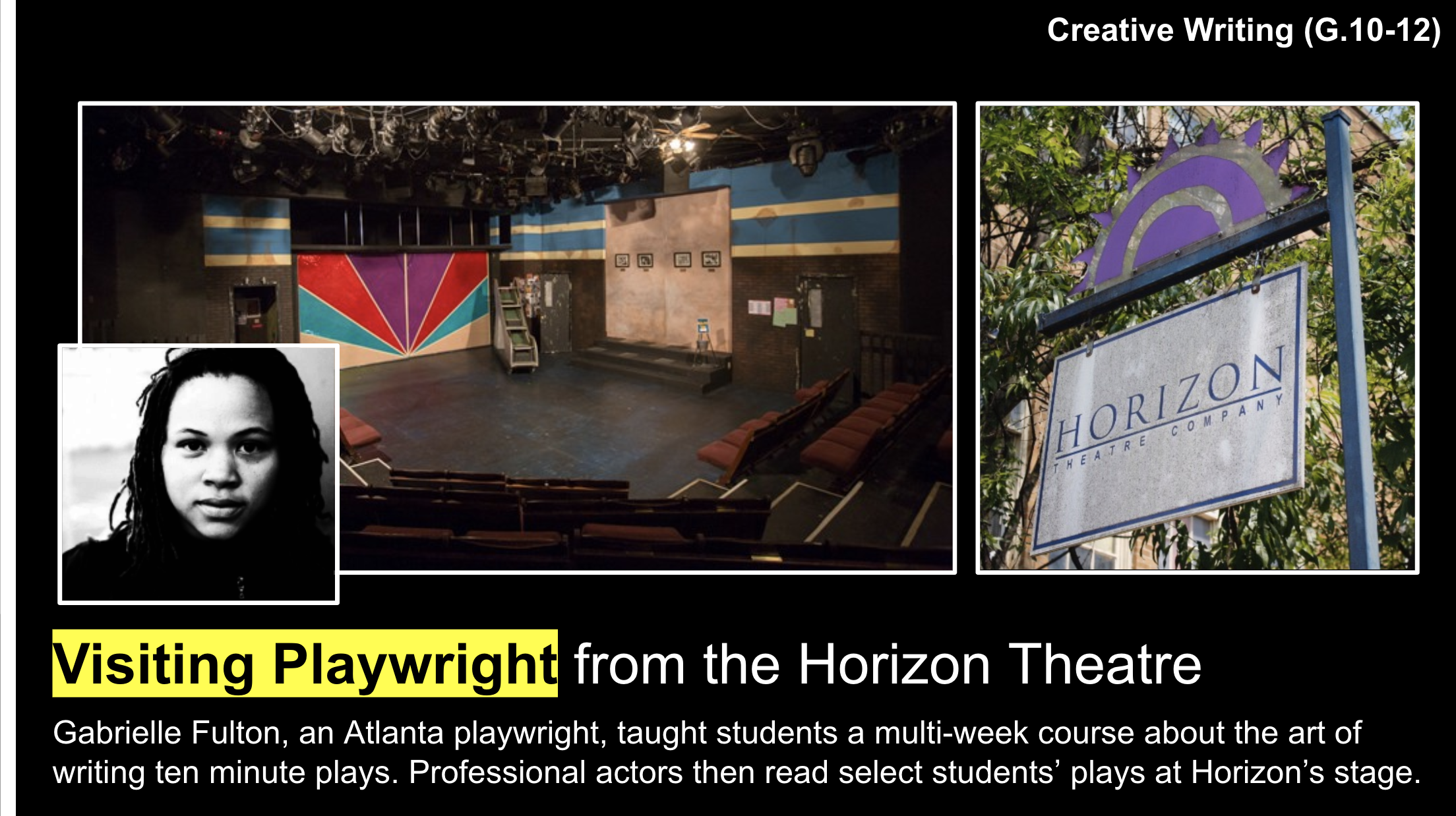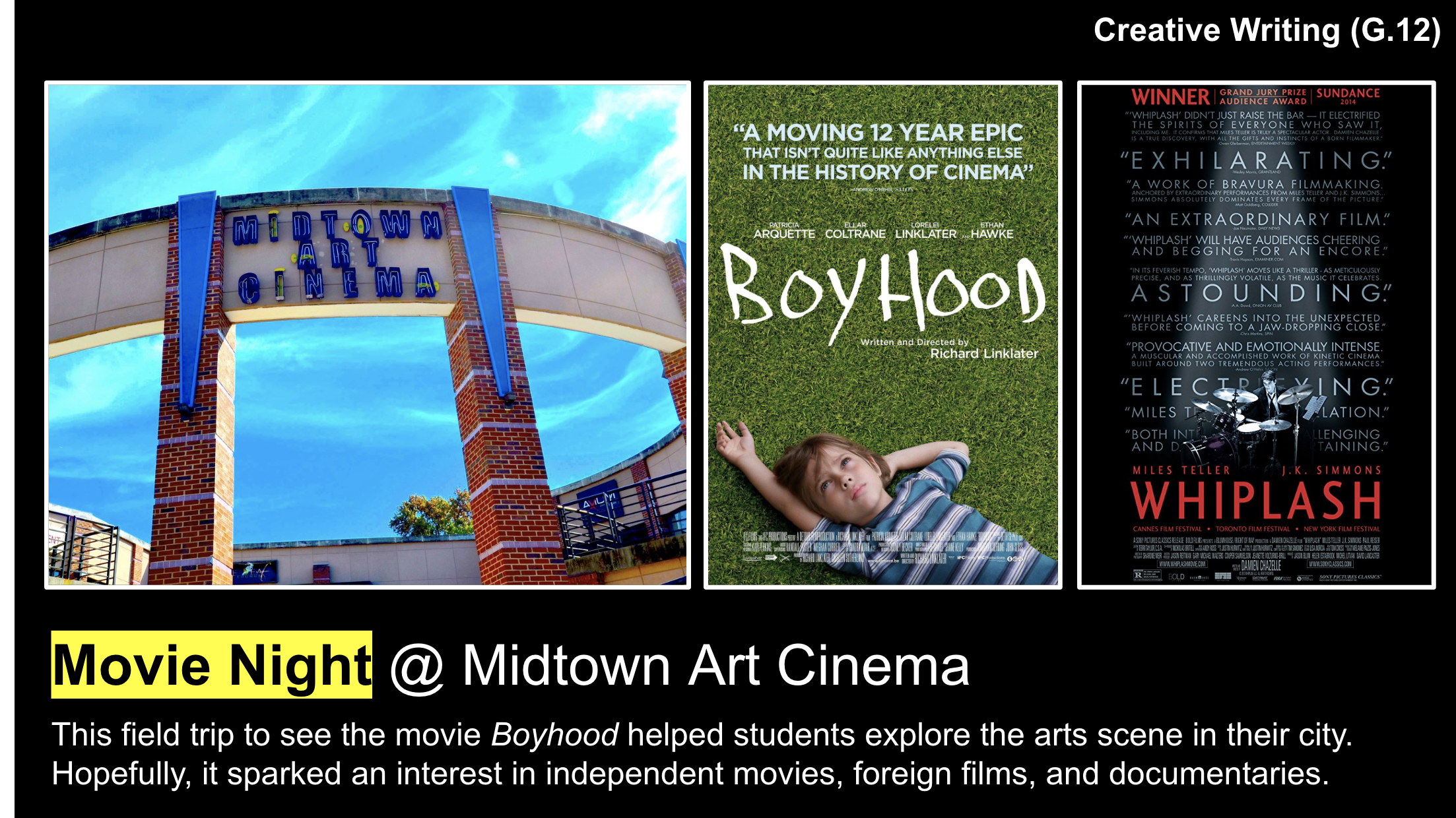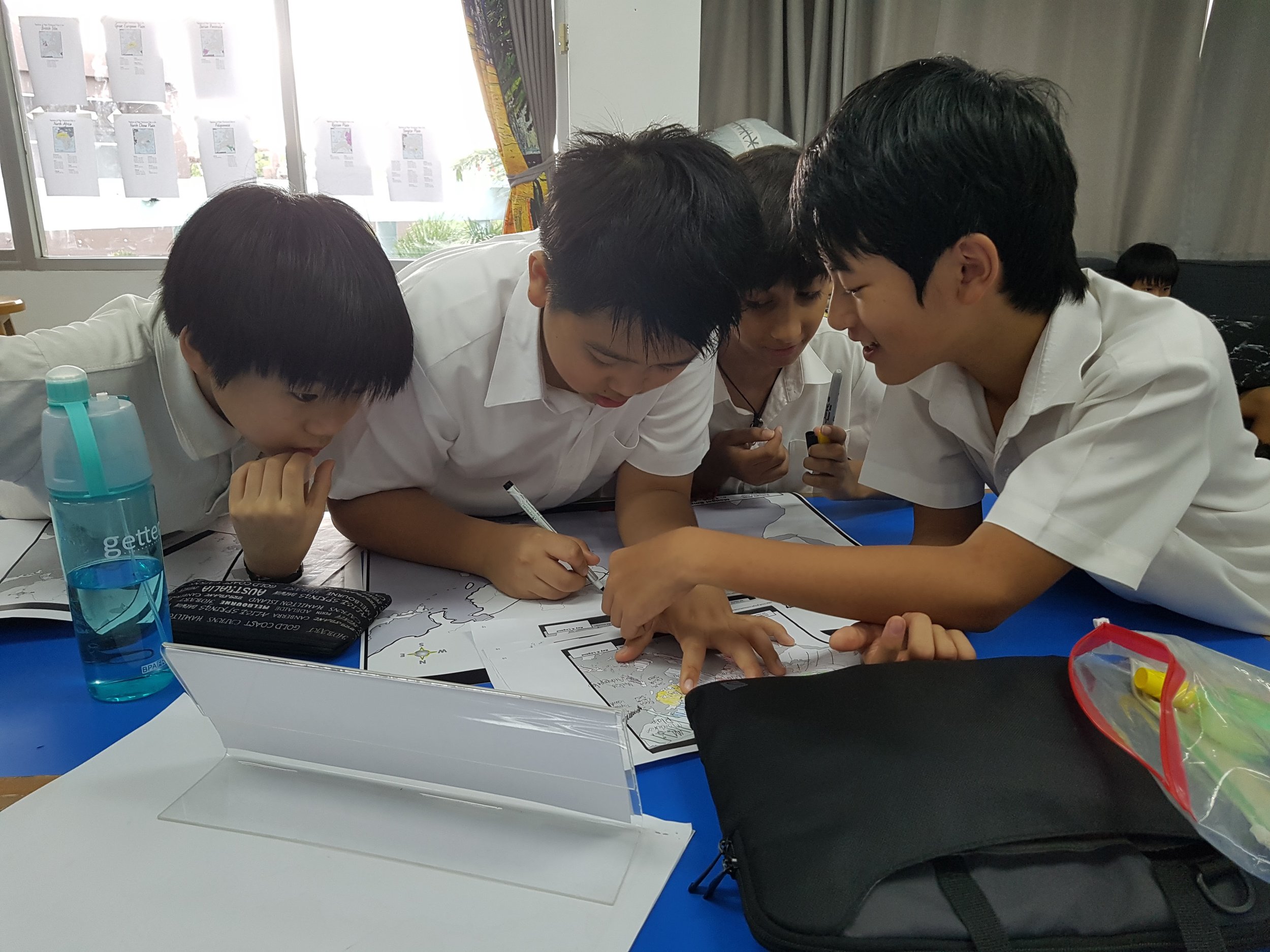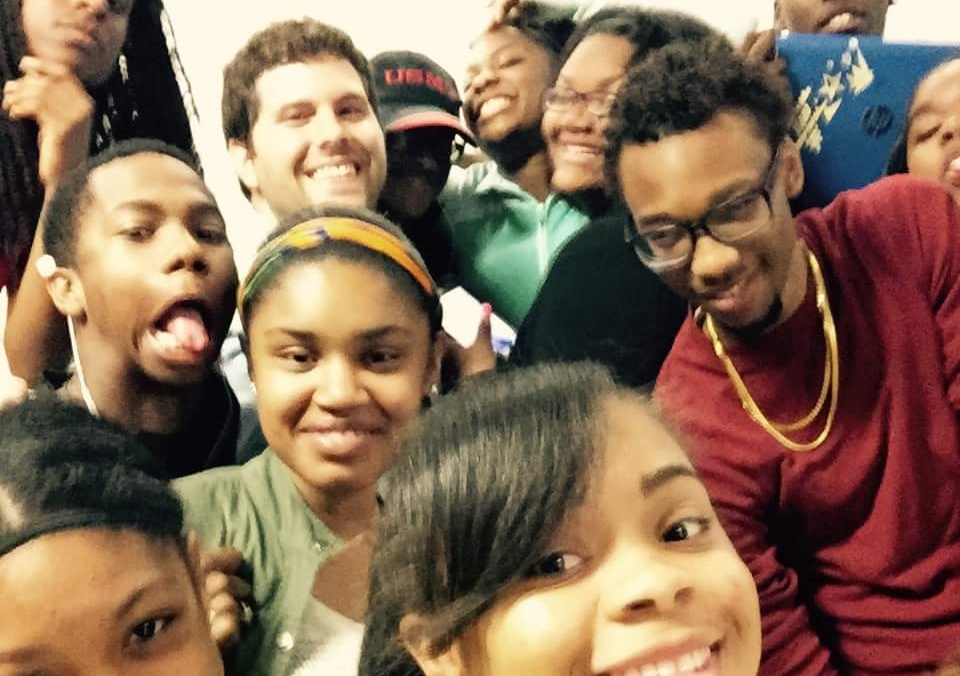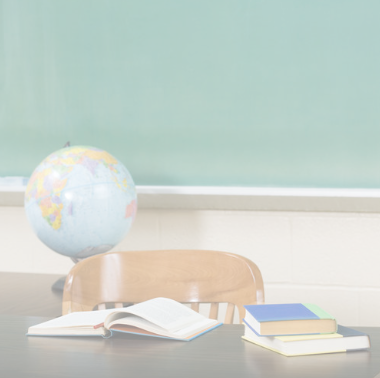I. Classes
The joy of teaching is to watch young minds grow, adapt, and thrive. I have been lucky enough to teach four subjects in a range of grade levels, which means that I have met students of all ages who are in various stages of transforming dreams into reality, energy into outcomes, and potential into success.
Unique Learning Experiences
For school to be meaningful, students need to have positive learning experiences that become memories, because after all, we teachers are in the memory business, both in the academic sense and emotional sense. Below are examples of times when I hope that a project went beyond the ordinary and students turned a classroom learning experience into a lasting, positive memory.
Class Summaries
(G.7) Humanities: Social Studies
Students studied the culture, religions, government, economics, geography, leaders, wars, and politics of great empires that emerged after the fall of the Roman Empire. Studying the postclassical era (500-1500 CE) means studying a time of accelerating connections, when diverse people from different civilizations traveled, traded, and taught religions to each other. The course concentrated on the peaceful connections, as well as the conflicts, between great empires of the time period.
Unit 1: Postclassical States
Unit 2: Religions in Motion
Unit 3: Conflicts and War
Unit 4: Age of Exploration
Looking at a teacher's lesson plans is almost like looking at a set of fingerprints. They may not make sense at first glance, but they can hold a lot of important information in regards to the educator's style, approach, technique, and heart.
This is a unit plan for researching a modern conflict, formatted using the IB structure.
(G.7) Humanities: Language Arts
Students developed their communication skills through presentations, debates, and book talks. Their writing included poetry, narrative fiction, argumentative essays, and research papers.They read high-interest independent reading books, examined primary sources related to their Social Studies class, and participated in thematic book clubs formed around modern conflicts that are in the news, such as conflicts in Myanmar, Sudan, and Syria.
Unit 1: Narrative Fiction
Unit 2: Poetry
Unit 3: Argumentative Writing
Unit 4: Research
Also, I believe that blogging monthly is a great reflective exercise for students, and in fact, can serve as the major writing samples for student growth.
Here are daily lesson plans that underpins a learning experience about writing poetry.
This is a blogging rubric for students to follow.
(G.9) Literature
Students analyzed a variety of media, including novels, short stories, poems, plays, films, and newspaper articles. Major texts included The Odyssey, The Immortal Life of Henrietta Lacks, Romeo and Juliet, plays by August Wilson, The House on Mango Street, and The Other Wes Moore. Students supported their readings by studying Greek Mythology, Joseph Campbell, Shakespeare's England, and modern American history. Students wrote argumentative essays, movie analyses, and literary analyses, and along the way, they read high-interest novels as thematically connected outside reading.
Unit 1: The Hero's Journey
Unit 2: Creative Non-Fiction
Unit 3: Drama and Poetry
Unit 4: Overcoming Obstacles
For argumentative essays, I tend to guide students toward writing about topics that are relevant to their lives or writing within the context of debates. When analyzing a novel, I like to teach students the art of applying literary criticism.
Here are daily lesson plans for reading a whole class novel.
Also, this is an extended lesson plans for investigating an author's style.
The following is a general pacing guide for a semester.
(G.12) Creative Writing
Students created their own writing, taking opportunities to develop and expand their craft. Students explored the arts community of Atlanta, analyzed professional writers, and took inspiration from books like Make Good Art, On Writing, and Bird By Bird. Ultimately, students created an artistic space for creative writing at the school by producing a literary magazine and publishing a weekly school newspaper.
Unit 1: Poetry and Short Stories
Unit 2: Playwriting
Unit 3: Journalism
Unit 4: Novel Writing
I enjoy creative writing assignments that rely on presenting challenges for students to solve. It gives students who need support the structure and guidance that they need, but it also pushes self-motivated students to flexibly extend their stories in interesting directions.
This is an example of a writing prompt that centers around presenting specific creative challenges.

